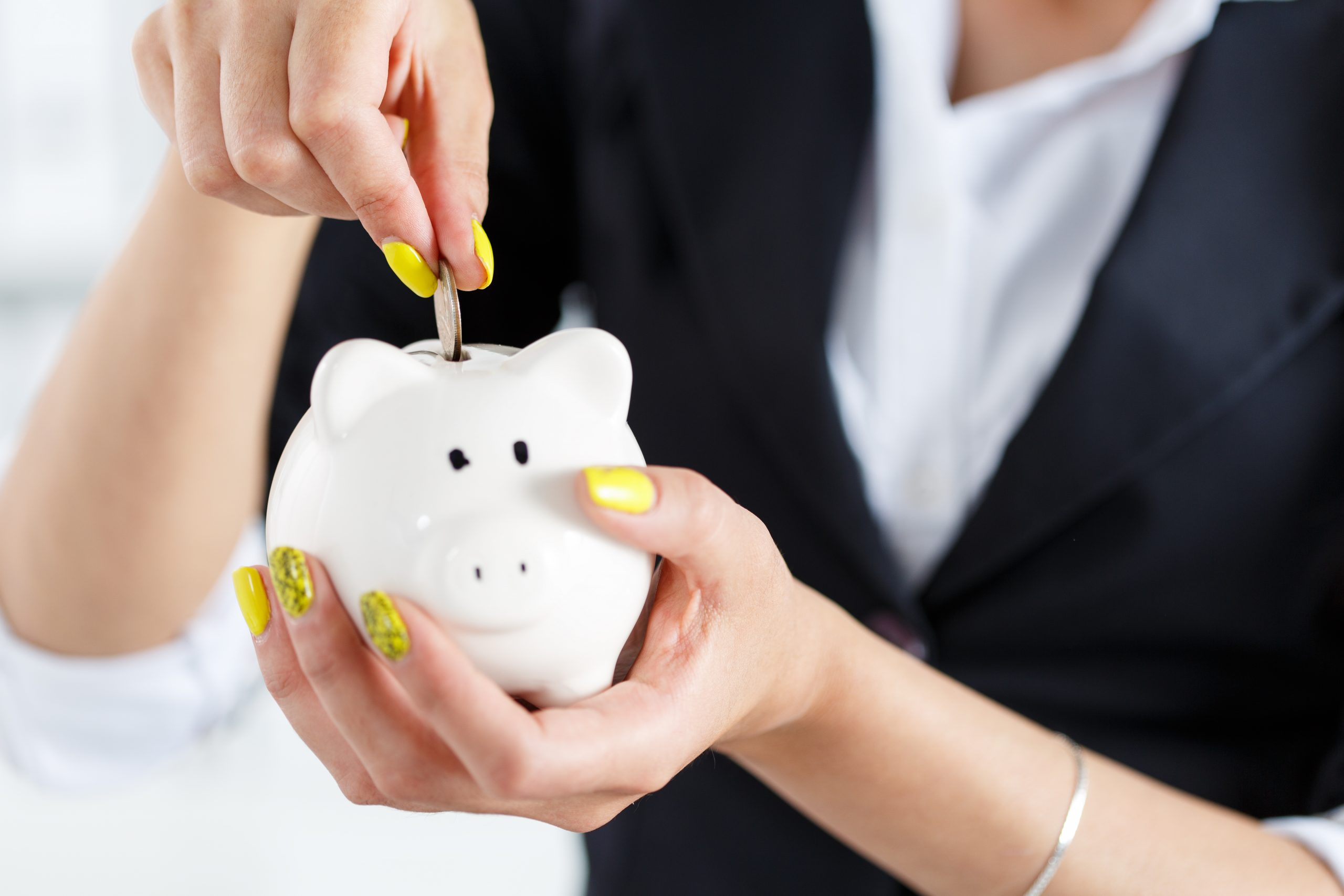
28 Sep How to save and manage your money
In recent years I have spent most of my life travelling, living overseas, going on holidays, buying most things I want/need and having the money up front to pay for it. People always ask, how can you afford to do that? Especially those that know me and know I live on a fairly modest income, especially whilst I was living overseas.
The answer is simple; create a savings plan (and stick to it), live within your means and don’t spend money on unnecessary things you don’t really need E.g. buying coffee and lunch every day, a new car, laptop or subscription tv etc. Don’t use a credit card, this way I ensure I can’t get into debt and I am not buying things I can’t afford. I also shop around to get the best deals to save money. Spend a little time doing some research or asking for a discount or a better price can save plenty of money in the long run.
To start building savings, you need to know where you spend your money. The easiest way to do this is to put a budget together and track your spending. Budgeting helps you manage your money day to day. You can stay on top of bills and work out what expenses you can reduce. Also by learning to check your bank statements and check your bills, you can improve how you manage your money day to day.
I follow a pretty simple guideline when managing my money and it seems to have worked. This can be used on nearly any income and suit to most persons financial needs.
Firstly, I set up six accounts with one or two financial intuitions. I shop around to ensure there are no extra fees for the extra accounts, no ATMs fees or withdrawal fees and that three of the accounts accrue monthly interest. Talk to your bank or credit union to find the best product for your situation.
For information on savings accounts that don’t charge fees – find out which Australian banks offer basic bank accounts on the Australian Bankers’ Association website: http://www.affordablebanking.info/Which-Australian-banks-offer-a-basic-bank-accounts-.html
You can also obtain a fee-free account from your credit union or building society.
ASIC’s MoneySmart website Savings accounts helps you to find the best possible product for you: https://www.moneysmart.gov.au/managing-your-money/banking/savings-accounts
I use the accounts in the following ways:
- Every day spending
- Bills
- Car/Home
- Short term savings/interest account
- Long-term savings/interest account
- Holiday/interest account
Secondly, I then look at my weekly wage, I work out how much needs to go into each account, set up an automatic transfer on the day I get paid and commit that money to each account. I have my wage paid to my bills account so that I don’t accidentally spend it from my everyday account.
I organise my money in the following format.
- Everyday spending – Food, groceries, petrol, daily essentials, entertainment. Work out what you would spend each week on these items and have this money transferred to the spending account. If you run out of money before weeks end, don’t buy anything else and don’t use money from another account, especially your bills or Car/home account.
- Bills – Phone, internet, electricity/gas, health insurance, credit card repayments, loan repayments, superannuation etc. Work out from past bills what the average weekly amount is (always overestimate) and leave that money aside in the bills account. Pay all of these bills directly from this account. You can set up direct debit/deposit, this way, you always know you should have the money in the account to cover your essential bills
- Car/Home – All money related to these items put into a separate account, as these two items are your big spends and some of the most important assets to keep functioning. E.g. Rent/mortgage, car repayments, insurances, car registration, rates, repairs and car services. By working out the average weekly amount (again overestimate) you need to spend on each of these items (including putting as little as $20 aside each week for unforeseen car or house repairs/services), paying these bills from this account and setting up a direct debit/deposit will ensure that these bills are covered and you have some money set aside in case you need repairs.
Now that I’ve covered the basics and you have your groceries and bills paid, your car is running and you have a roof over your head. Whatever money is left, I prioritize where I need to put the most money (depending on your stage of life) and split three ways into the savings accounts, where they can accrue interest. Most banks have some sort of internet-based savings account where if you deposit each month your will accrue interest.
- Short term savings – I use this for things like saving for birthdays, Christmas, new clothes, entertainment, concerts, sporting events, new appliances, sporting goods, medical/dental etc.
- Long-term savings – I use this account for things like saving for a housing or car loan deposit, retirement savings account, caravan, rental property, housing extensions or pool etc.
- Holiday – This includes, costs for accommodation, transport, activities, food, general spending money etc. I pay for all costs related to the holiday from this account. This is to ensure that when I get my four weeks annual leave each year, I can afford to go somewhere and do what I enjoy.
Tip: I find that if you want to go somewhere on holiday (within your financial means of course), book it first, then you have put money aside or pay it off for it each week to go.
You can, of course, combine some of the accounts E.g. have only one bill and one or two savings accounts depending on your personal circumstances and financial situation. But is important to have at least one account each for everyday spending, bills and savings to ensure that you get the best results and can manage your money.
Make sure you write down your savings goal and plan. A few tips for successfully achieving your goal are:
- save regularly and stick to your plan
- track your progress
- tell your family and friends about your goal so they can help you stay on track
- if you fall short one week, try to make it up the next
- Those who regularly review and remind themselves of their goals are more likely to achieve them
This is all just general advice and of course speak to a financial professional if you have specific financial queries, however, this has helped me by using this format to save money, travel the world and do the things that I want to do. However as previously mentioned, one of the best ways to save money is to cut back on the things you don’t really need, don’t use a credit card, shop around and look for a better deal and monitor your bills and bank statements.
Hopefully, you can use this as a guide to help you achieve your financial goals.
Jae Lear
Pathways Coordinator
